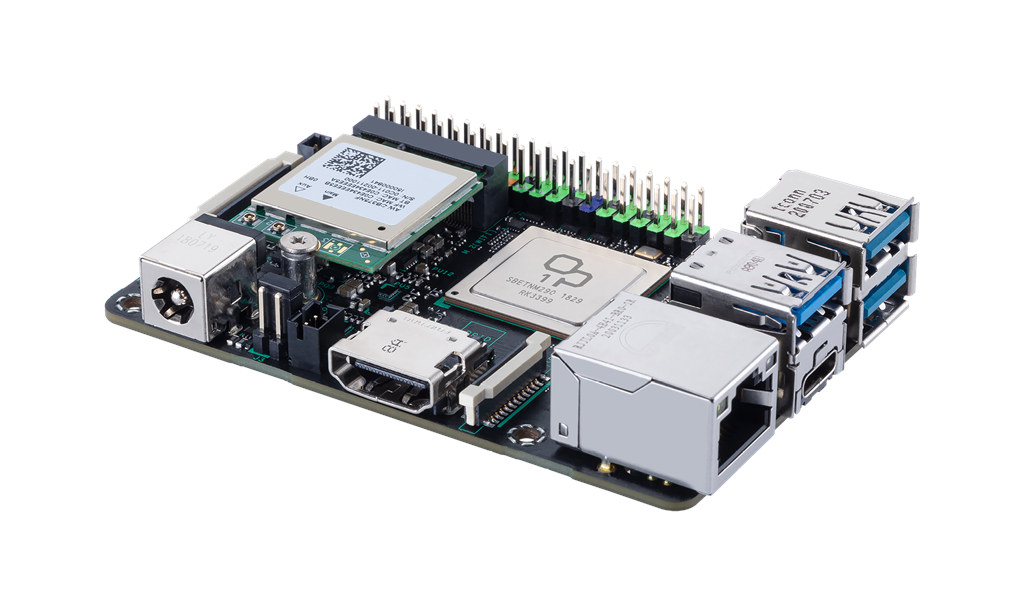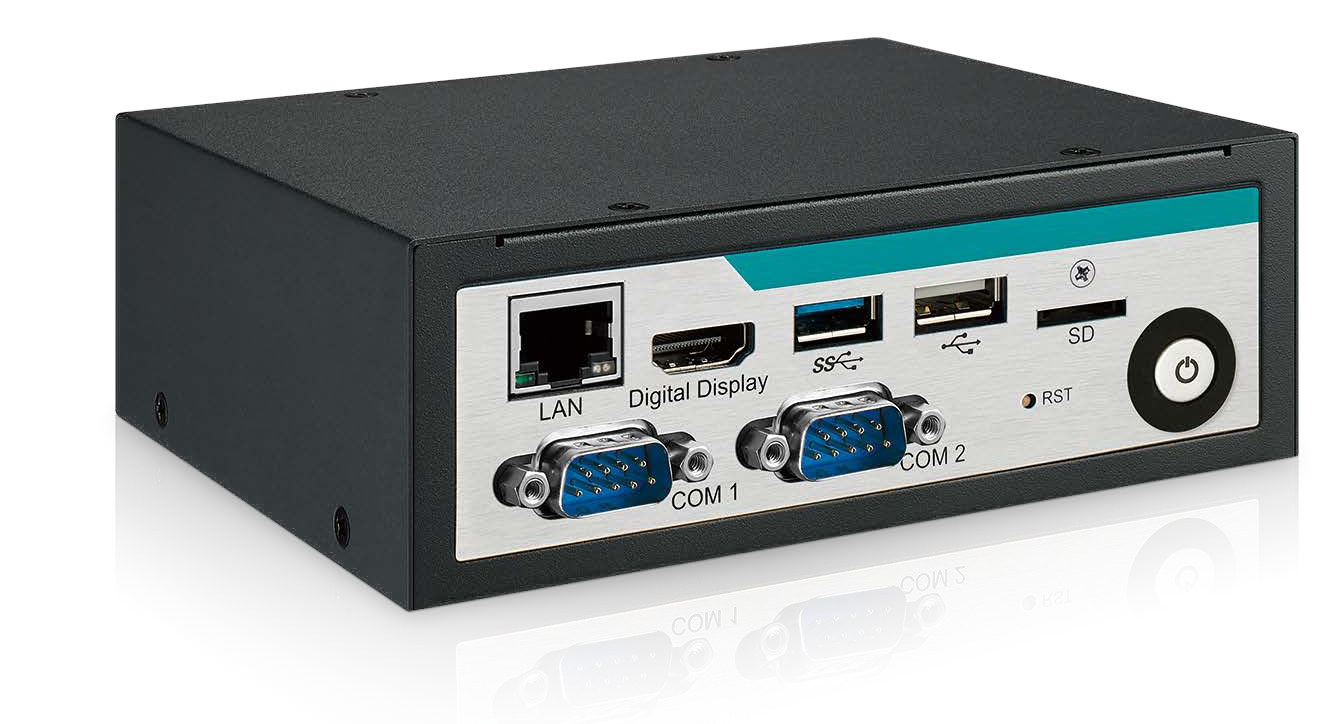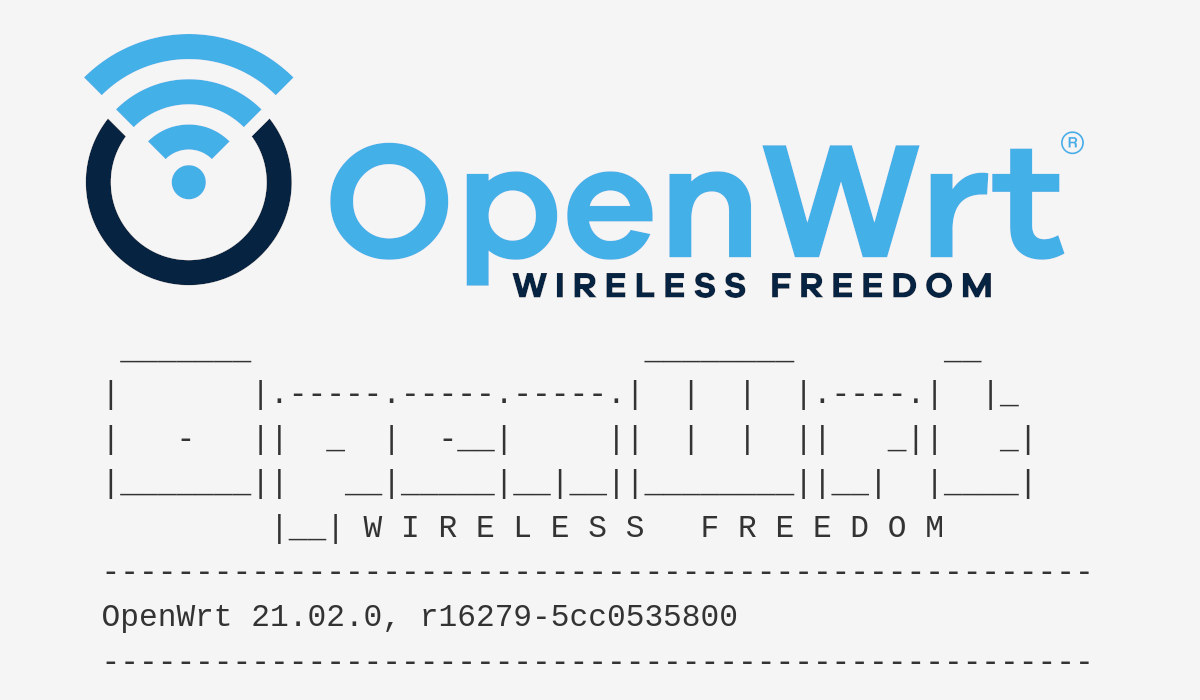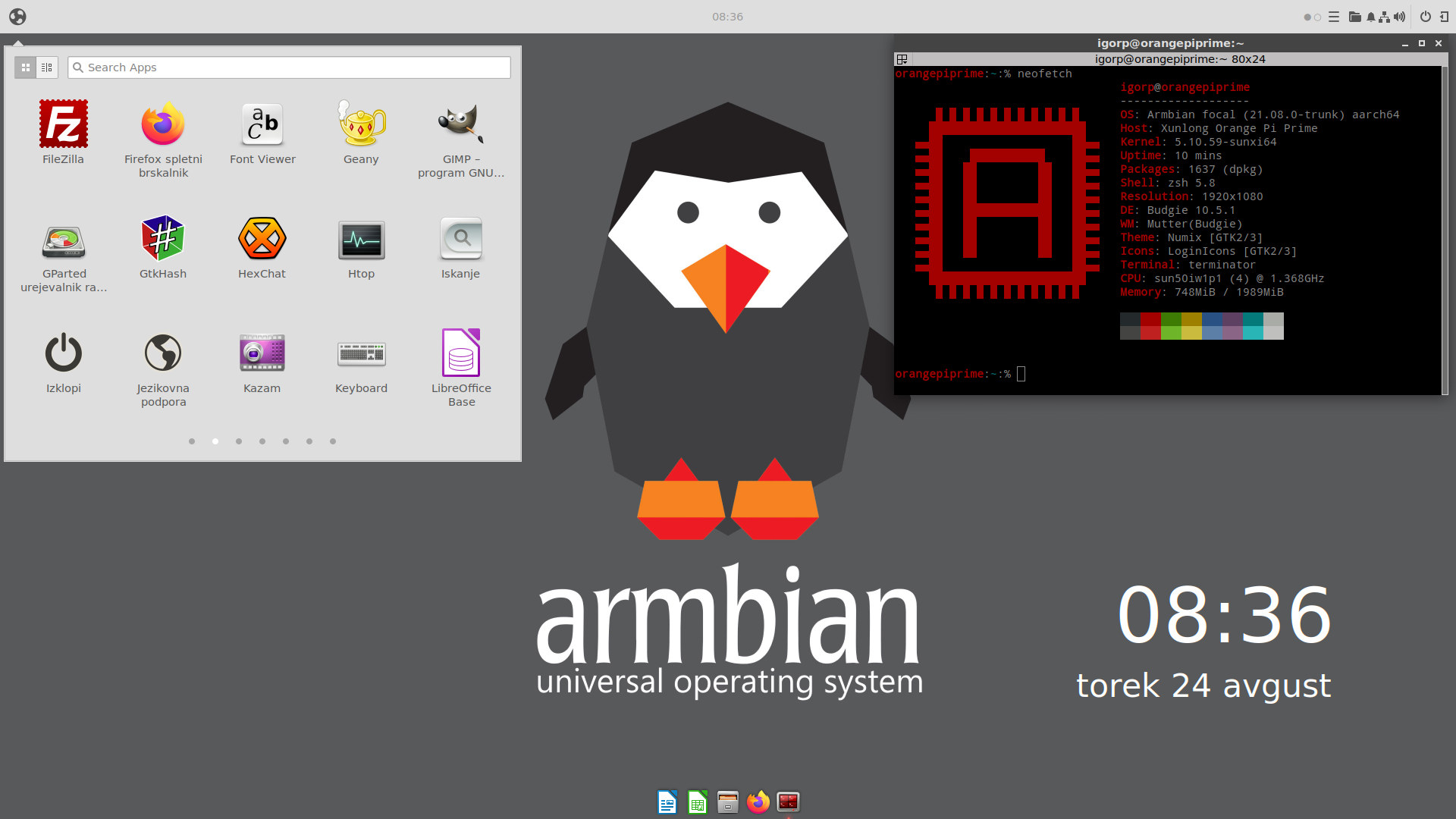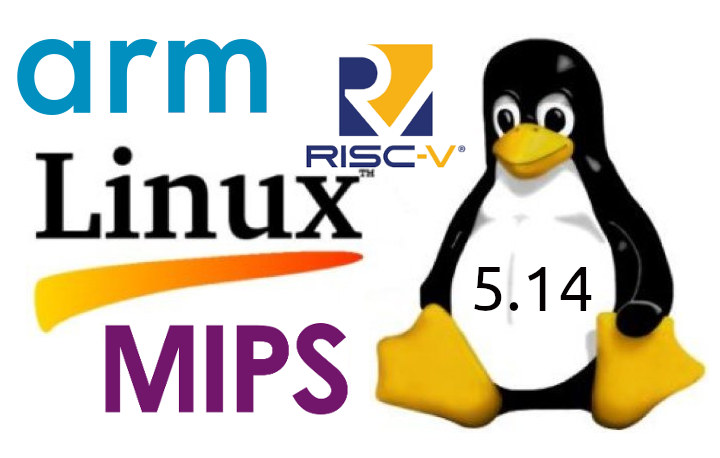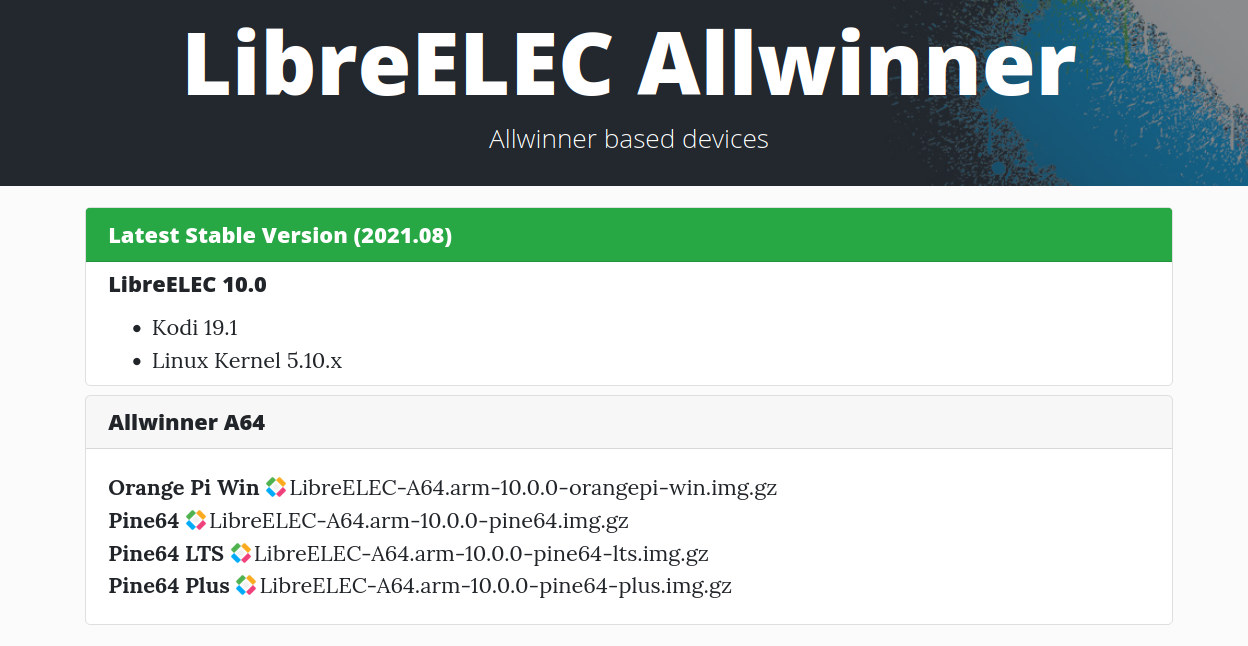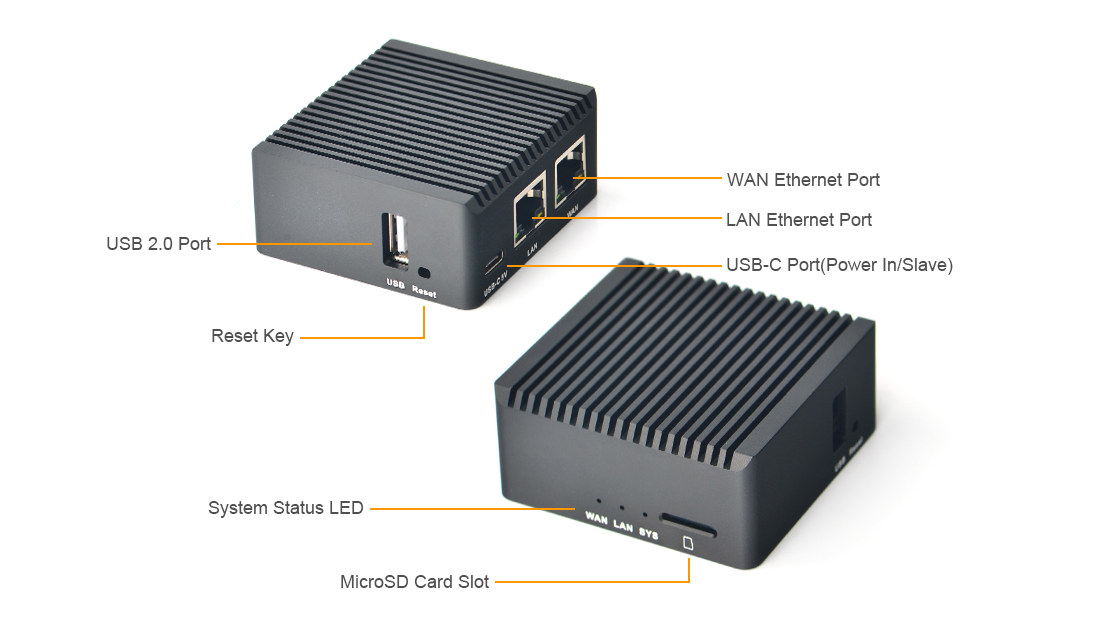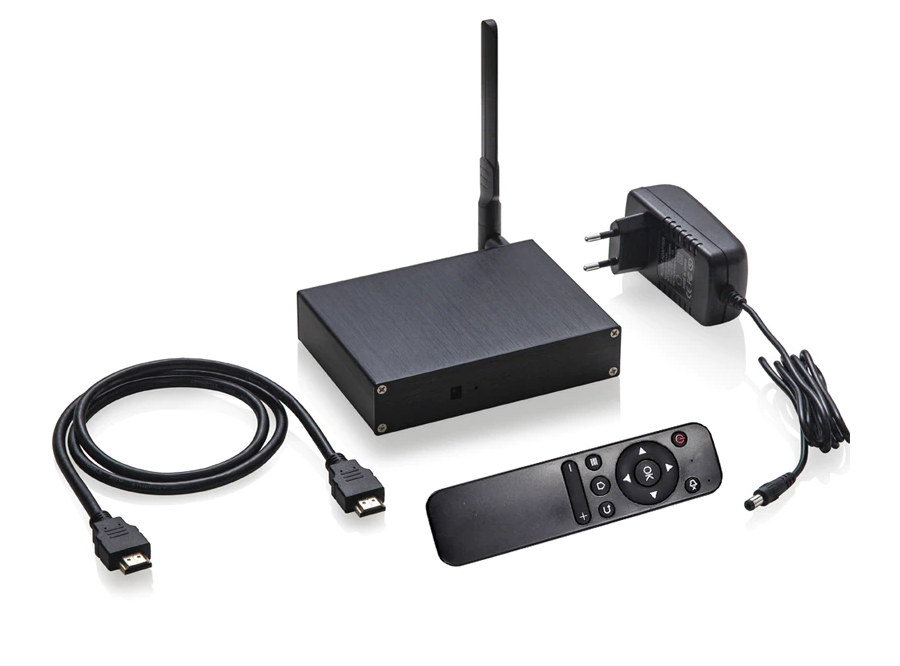ASUS unveiled the Tinker Board 2 SBC with faster a Rockchip RK3399/OP1 processor together with the ASUS Tinker Board 2S board that adds a 16GB eMMC flash last October without pricing information. The good news is that the 2GB RAM version of Tinker Board 2S is now available on Amazon and Aliexpress for $120 and up. Note you’ll get a 5% discount if you are a follower on Aliexpress for a total of $132.99 including shipping. Compared to the first Tinker Board, the new boards are also offered with up to 4GB LPDDR4 RAM, an additional video output option with USB-C DisplayPort Alt mode, an upgrade to USB 3.0 ports and WiFi 5, RTC battery support, and a more stable 12V to 19V DC input. Here’s a reminder of Tinker Board 2S specifications: SoC – Rockchip RK3399 (OP1) hexa-core processor with 2x Arm Cortex-A72 cores up to 2.0 GHz, four […]
RK3399 based Industrial computer runs Debian 9.0 or Android 7.1
Vecow EIC-1000 in an industrial Edge AI computer powered by Rockchip RK3399 hexa-core Cortex-A72/A53 processor with 9V to 55VDC wide-range supply input, an operating temperature range of 0°C to 70°C, and designed for digital signage, factory automation, smart retail, and other AIoT/Industry 4.0 applications. The fanless mini PC is equipped with 2 GB DDR3 SDRAM and 32GB eMMC flash, offers 4K video output via HDMI, Gigabit Ethernet, USB 3.0/2.0, and RS232/RS485 serial ports, and more. Vecow EIC-1000 specifications: SoC- Rockchip RK3399 hexa-core Arm processor with dual-core Arm Cortex-A72 @ 2.0 GHz, quad-core Cortex-A53 @ 1.6GHz, Arm Mali-T860MP4 GPU System Memory – 1GB or 2GB DDR3L 1066MHz SDRAM Storage – 32GB eMMC flash, MicroSD card socket Video Output – HDMI 2.0 output up to 4Kp60 Video Encoder – Up to 1080p30 H.264/MVC/VP8 Decoder Up to 4Kp60 H.264/H.265 10-bit, VP9 Up to 1080p60 MPEG-4/MPEG-2/VP8 Audio – 3.5mm headphone and microphone jacks, Networking […]
OpenWrt 21.02 released with WPA3, HTTPS, TLS enabled by default
OpenWrt 21.02 has just been released with higher security with WPA3, HTTPS & TLS enabled by default, as well as initial support for the Distributed Switch Architecture (DSA), the Linux standard for configurable Ethernet switches. OpenWrt is the most popular open-source Linux distribution for routers and entry-level Linux-capable embedded systems, and the latest release includes over 5800 commits since the release of OpenWrt 19.07 in January 2020. WPA3 was already supported in OpenWrt 19.07, but not enabled by default, OpenWrt 20.02 changes that, together with TLS thanks to trusted CA certificates from Mozilla. That means LuCi interface, wget, opkg package manager can all support HTTPS out-of-the-box. Note that HTTPS redirection can be disabled for LuCI in the configuration files. Another security change is that SELinux is now supported by OpenWrt, but not enabled by default. OpenWrt 21.02’s DSA implementation replaces the current swconfig system, but not all targets have been […]
Armbian 21.08 for Arm boards ships with latest Linux 5.10 LTS
Armbian provides stable releases four times a year, and Armbian 21.08 has just been released offering minimal, server or XFCE, Cinnamon and Budgie desktop Linux 5.10 LTS images for Arm boards, as well as a build system to customize your own image. If you’ve been using an Arm SBC that is NOT a Raspberry Pi board, you’ve probably been told to use Armbian, as the community is providing Debian and Ubuntu images for over 100 Arm boards that are either “Supported”, “WIP” (suitable for testing), or “CSC” (no official support, aka you’re on your own). Armbian 21.08 highlights (Note: EDGE are daily builds following daily builds of the Linux kernel and fresh packages from Debian sid, Ubuntu 21.04 “hirsute” or Ubuntu 21.10 “impish” userland): Based on Linux 5.10.59 released on August 15, 2021 Minimal, server or XFCE, Cinnamon, and Budgie desktop Fast automated language selection on the first run Regular […]
Linux 5.14 Release – Main changes, Arm, MIPS, and RISC-V architectures
Linus Torvalds has just announced Linux 5.14 release which happens to almost coincide with the anniversary of the initial announcement of the “small” project on August 25, 1991, about 30 years ago. Here’s Linux 5.14’s announcement: So I realize you must all still be busy with all the galas and fancy balls and all the other 30th anniversary events, but at some point you must be getting tired of the constant glitz, the fireworks, and the champagne. That ball gown or tailcoat isn’t the most comfortable thing, either. The celebrations will go on for a few more weeks yet, but you all may just need a breather from them. And when that happens, I have just the thing for you – a new kernel release to test and enjoy. Because 5.14 is out there, just waiting for you to kick the tires and remind yourself what all the festivities are […]
LibreELEC 10.0 minimal Linux OS for media playback released with Kodi 19.1
While most TV boxes and SBCs nowadays ship with or support a version of Android, people who just want the best viewing experience may prefer to switch to a Linux distribution such as LibreELEC or CoreELEC. The good news is that LibreELEC 10.0 has just been released with Kodi 19.1 and Linux 5.10 LTS. LibreELEC 10.0 is said to work well for Allwinner, Rockchip, and “Generic” Intel/AMD devices, while the Raspberry Pi 4 release’s codebase is rather new, and there may still be a few rough edges. Support for the previous generation Raspberry Pi boards has been dropped, and there’s no support for Amlogic platforms as CoreELEC already provides good support. Since LibreELEC 10.0 is based on Kodi 19.1, it benefits from the same features as Kodi 19 “Matrix” release including AV1 video decoding, a new skin, HDR support, and more. LibreELEC 10.1 support a wide range of single board […]
NanoPi R2C is a cheaper dual GbE mini router with YT8521S Gigabit Ethernet PHY
FriendlyELEC’s NanoPi R2C is an updated version of NanoPi R2S dual GbE mini router that replaces Realtek RTL8211E Gigabit Ethernet transceiver with a Motorcomm YT8521S chip. NanoPi R2C mini router still comes with a Rockchip RK3328 quad-core Cortex-A53 processor, 1GB DDR4 memory, and a Realtek RTL8153 USB 3.0 to Ethernet controller for the second Ethernet port. NanoPi R2C specifications: SoC – Rockchip RK3328 quad-core Cortex-A53 @ 1.5 GHz with Arm Mali-450MP2 System Memory – 1GB DDR4 RAM Storage – MicroSD Slot, SPI flash footprint Connectivity 1x Gigabit Ethernet (WAN) up to 941 Mbps (measured) via MotorComm YT8521S Gigabit Ethernet transceiver 1x Gigabit Ethernet (LAN) up to 941 Mbps (measured) via Realtek RTL8153 USB 3.0 to Ethernet controller USB – 1x USB 2.0 Type-A host port, USB Type-C port Debugging – 3-pin 2.54mm pitch header for serial console Expansion – 10-pin GPIO header with GPIOs, I2C, UART, IR_Rx, 5V, 3.3V and GND […]
Android 9.0 digital signage player supports 4G LTE, watchdog timer, screen orientation
Rikomagic RKM DS03 is an Android 9.0 digital signage player based on Rockchip RK3399 processor with up 4GB RAM, 32GB eMMC flash storage, HDMI 2.0 output for 4K displays, Gigabit Ethernet, etc… The device looks very similar to an Android TV box, but it does come with some features specifically useful for digital signage players including optional 4G LTE connectivity, a watchdog timer to make sure the system continues running even after the system hangs, an on/off timer to schedule operating times, as well as screen orientation support for landscape or portrait operation. RKM DS03 specifications: SoC – Rockchip RK3399 hexa-core processor with 2x Cortex-A72 cores up to 2.0GHz, 4x Cortex-A53 cores up to 1.5GHz, Mali-T860 MP4 GPU System Memory – 4GB RAM Storage – 32GB eMMC flash, MicroSD card socket Video Output – HDMI 2.0 up to 4Kp60 with CEC support; touchscreen support via USB Audio – 3.5mm audio […]


